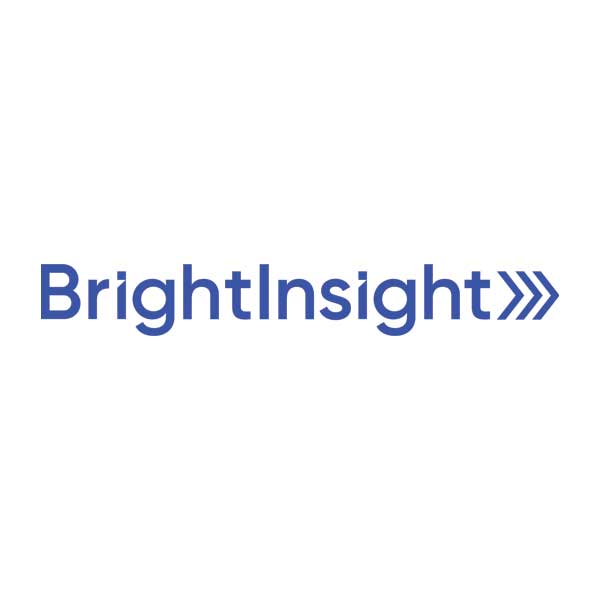What Pharma is Saying About AI: Insights From Industry Leaders at Sanofi, Roche and Takeda

By Jamie Burgess, SVP Marketing at BrightInsight
AI vs. Gen AI
The technologies behind artificial intelligence, especially generative AI (GenAI) involving machine learning, large language learning models, are already affecting virtually every industry, and the pharmaceutical sector is no exception.
That’s because GenAI can consume data, analyze it, derive insights, and in some cases act on those insights. In our interviews with a variety of leading voices in biopharma and digital health for BrightInsight’s 2024 JPM Digital Health C-suite Series earlier this year, it was clear that pharmaceutical companies are actively exploring the possibilities represented by GenAI in a number of areas affecting their businesses, healthcare providers, and most of all, patients.
Enriching the experience for patient and provider
GenAI technologies can be harnessed to facilitate patient identification and risk stratification, by mining data across all of a patient’s interactions with the healthcare system. Those insights can then be used to screen and identify patients who are good candidates for a particular therapy, or to help a provider select a precise treatment for an individual patient.
“It's really going to be about digging through those longitudinal medical records and the claims data, and optimizing therapeutic options for patients as a result of trying to bring more data to the table at the time the patient presents,” explained Takeda Digital Health Ventures Operating Partner Don Jones.
Once the patient is on a therapy, GenAI can help move beyond mere adherence prompts, to generating actionable, personalized insights from the patient’s behavior designed to further improve adherence.
“When you start to look at patient behavior and some of the data that they are collecting through their various digital health technologies that they're using, we're able to better support the patient once they're on the treatment,” noted Stephen Ranjan, vice president of digital health at Roche's Personalized Healthcare Division.
For the healthcare provider, the technology can be used to streamline routine workflows, maximizing time actually spent treating patients, and to solve basic problems that aren’t necessarily related to the therapy itself. That could be automating administrative functions such as medication pre-authorization, or facilitating the interaction between provider and patient with auto-recording and coding into an electronic medical record system
“It’s about solving basic problems…like finding the appropriate therapies for a particular patient,” Jones said. “They have to do with automating administrative functions like prior-authorizations and challenging denials… and essentially taking the provider off the computer so that [patient-provider] interactions are recorded and coded correctly, without any computer interaction.”
Creating efficiencies for pharma
Pharma companies are looking at GenAI for a number of use cases. In early-stage drug discovery, Large Language Models (LLMs) can digest vast amounts of data to help identify hard-to-find drug targets, or provide insights into better ways to tackle complex diseases.
“We have used LLMs in drug discovery for some time,” notes Sanofi’s Chief Digital Officer, Emmanuel Frenehard. Frenehard goes on to explain the level of richness and the number of parameters that you get with those LLMs, and how the workflow between the researcher and the LLMs will be enhanced. Being able to test things more rapidly, with more robust and unique data in a natural way will be very powerful.
Once the targets are identified and under study, the technology can help ease clinical investigators’ pain points, by streamlining and automating the reams of documentation entailed in a clinical study. Similarly, GenAI can be used to streamline and automate regulatory functions, shortening the path to market.
And once the drug is approved and under production, AI can help detect anomalies in the manufacturing process. More generally, pharma companies are eyeing employee empowerment via “AI concierges” that free employees from mundane but necessary tasks.
“So you spend more of your time doing things that are high value, high complexity, and let the bots do the legwork,” said Frenehard.
Pharma companies are harnessing the power of generative AI technologies across operational spheres, from early-stage drug discovery through patient-facing functions that personalize their treatment journeys for better outcomes. And that power will only increase as GenAI technologies assimilate new forms of data captured by digital health solutions, developing further insights into improving the efficiency and efficacy of pharmaceutical therapies.
All of the interviews in BrightInsight’s 2024 JPM Digital Health C-suite Series can be found here.
The views and opinions expressed herein are the views and opinions of the author and do not necessarily reflect those of Nasdaq, Inc.
